Myanmar ‘ends military ops in troubled Muslim-majority state’
Government officials in Myanmar say the army has ended the “clearance operations” in the country’s troubled Rakhine State, where a four-month, all-out military crackdown targeted ethnic Rohingya Muslims.
“The situation in northern Rakhine has now stabilized. The clearance operations undertaken by the military have ceased, the curfew has been eased and there remains only a police presence to maintain the peace,” Myanmar’s newly-appointed national security adviser Thaung Tun said in a statement on Wednesday.
He did not explain, however, whether the military had also lifted the siege that had been laid on the state in October last year. Two officials with Myanmar’s presidential office also said military forces had remained in the region to maintain “peace and security.”
It was also not clear why the government had decided to end the military operations. While there had for some time been massive international outcry over the abuses that went on against the Muslims in Rakhine, officials had displayed little regard, carrying on with the crackdown.
Hundreds of people from the ethnic Rohingya minority are thought to have lost their lives and almost 70,000 to have fled to neighboring Bangladesh since the military crackdown began late last year, when an attack on the country’s border guards was blamed on the Rohingya.

Thaung, the national security adviser, further said, “There can be no excuse for excessive force, for abuses of fundamental human rights and basic criminality. We have shown that we are ready to act where there is clear evidence of abuses.”
But his claim that the government would act to counter abuse contradicted its record. The numerous reports of abuse against the Rohingya by the military forces have in the past months either gone uninvestigated or been completely rejected at the end of government probes.
This is while there have been countless eyewitness accounts of summary executions, rapes, and arson attacks against the Rohingya by security forces.

At least 30,000 Rohingya have been internally displaced in Rakhine, while thousands of others have tried to reach Bangladesh over the last months to seek refuge among the Rohingya refugee population that already lives there.
Bangladesh has also started to crack down on the incoming refugees by either preventing them at border transit points or confining them to refugee camps.
Rakhine, home to around 1.1 million members of the minority Rohingya Muslim community, has been the scene of violence against the ethnic Muslims since 2012. Before the military assaults, extremist Buddhists would routinely attack the minority Muslims.
Myanmar’s de facto leader, Aung San Suu Kyi, who has been hailed by some as a “democracy icon” and has been awarded the Nobel peace prize, has remained largely silent on the plight of the refugees. She has also overseen investigations into claims of abuse that have concluded by denying violations all together.
US will pull out military personnel from Niger: Report
US sanctions on Venezuelan oil ‘violation of human rights’: Iran
VIDEO | Hundreds of students take to streets in Milan in support of Palestine
UN warns hundreds of thousands of Sudanese under ‘immediate danger’
Iraqi resistance strikes ‘vital’ target in Eilat after Israel attacks PMU base
North Korea conducts cruise missile warhead test: State media
Israeli airstrike kills at least 7 people in Rafah
VIDEO | Iranians hold nationwide demos in support of IRGC


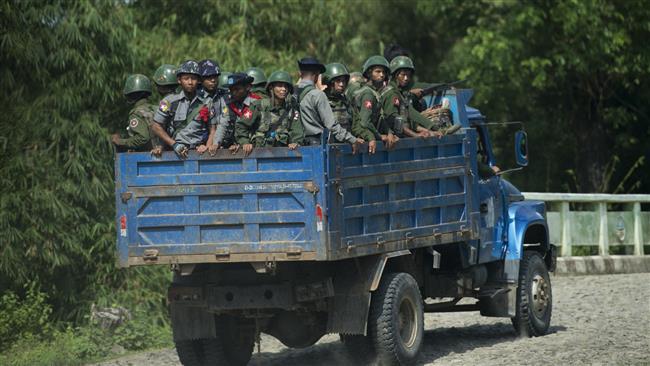
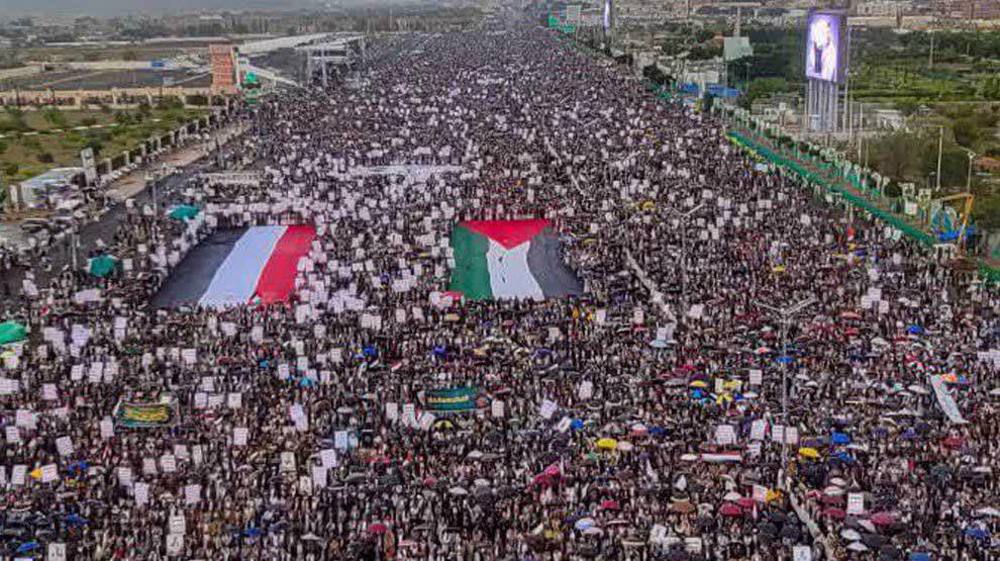
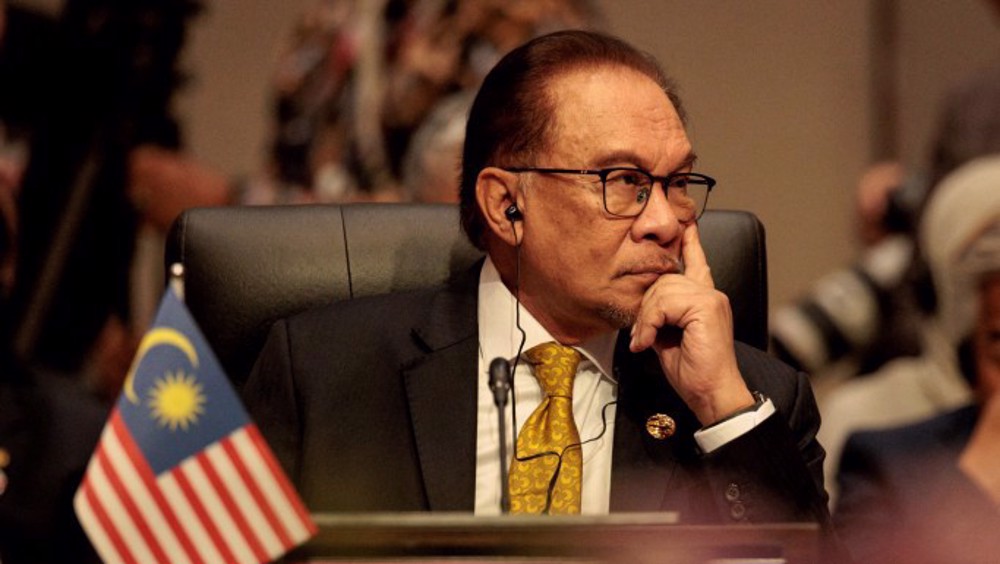
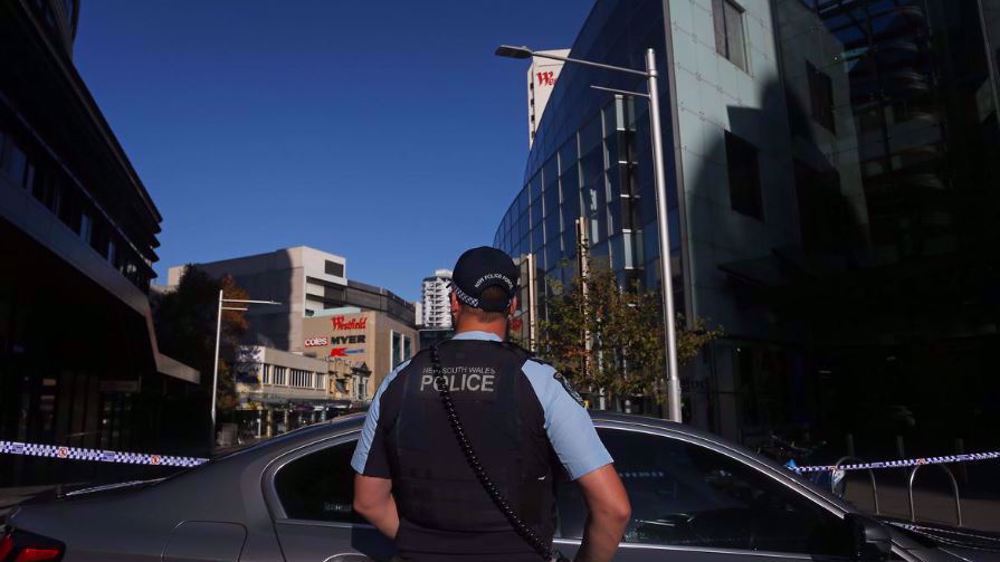



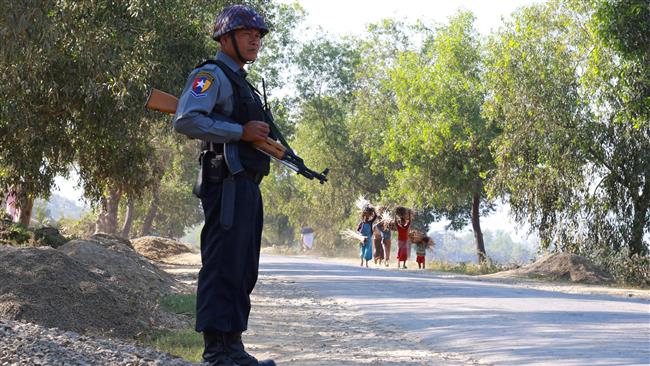
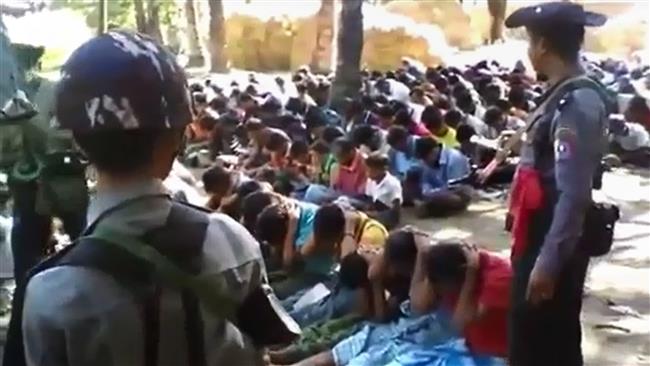
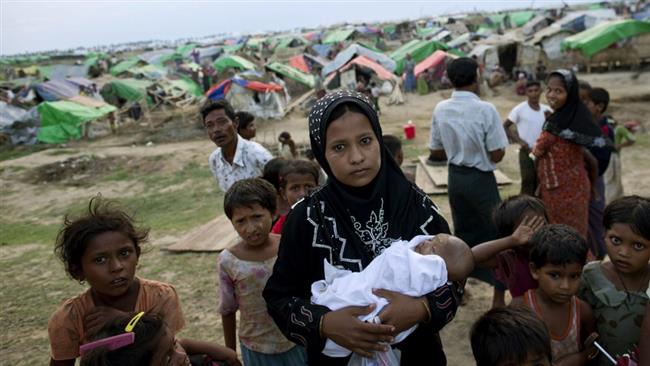
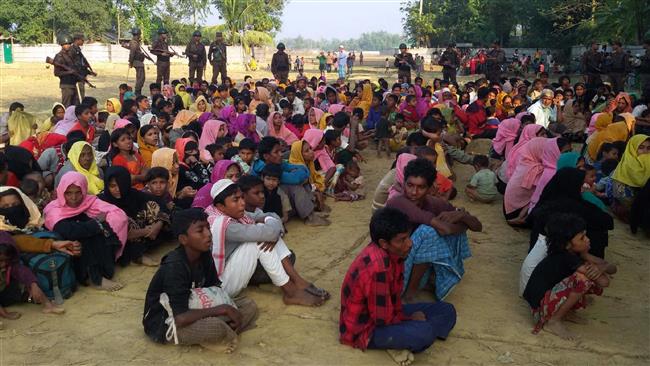
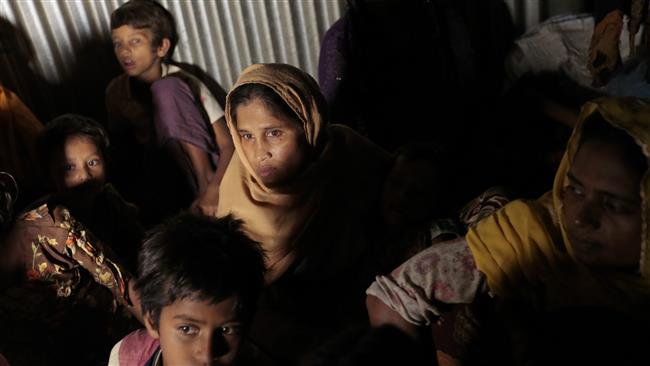
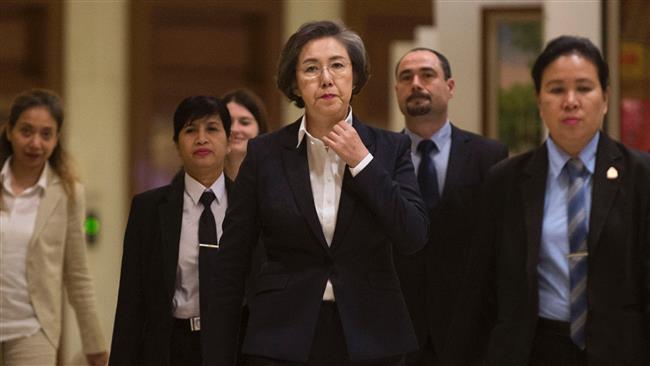
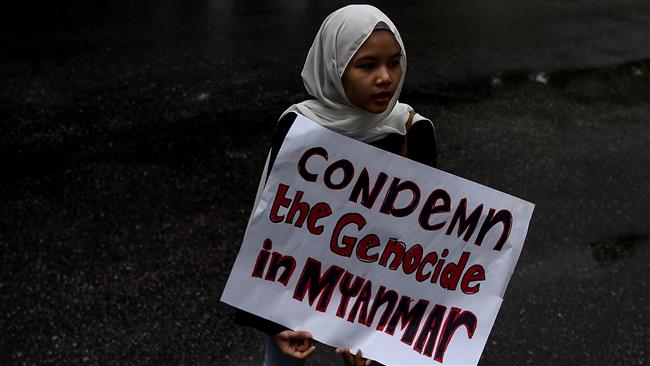

 This makes it easy to access the Press TV website
This makes it easy to access the Press TV website